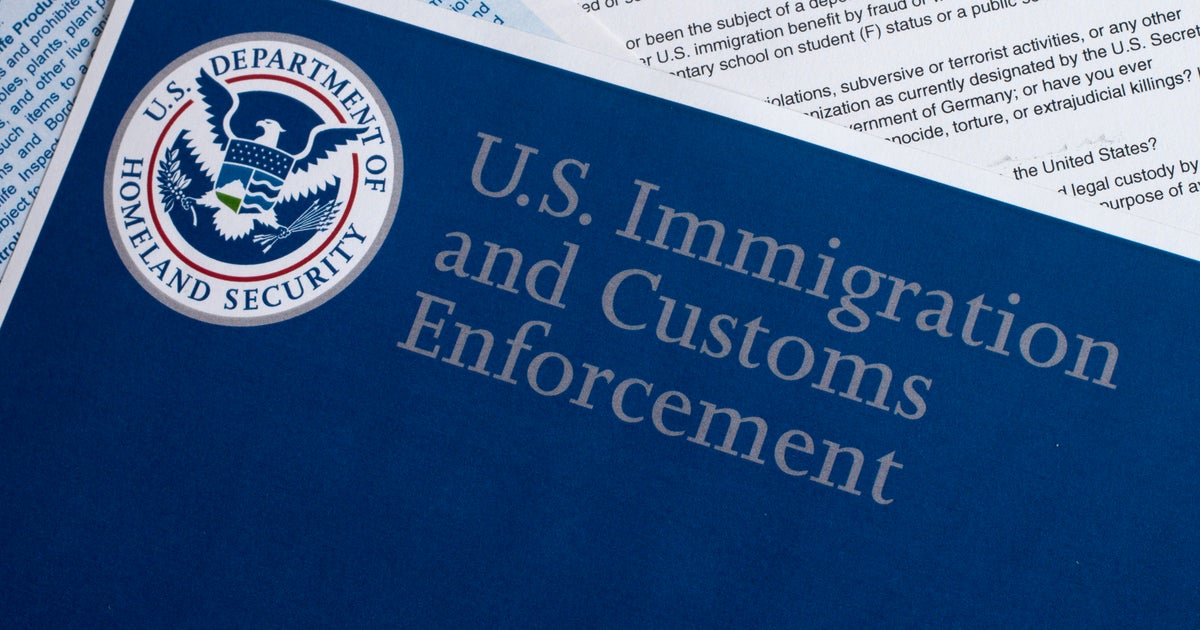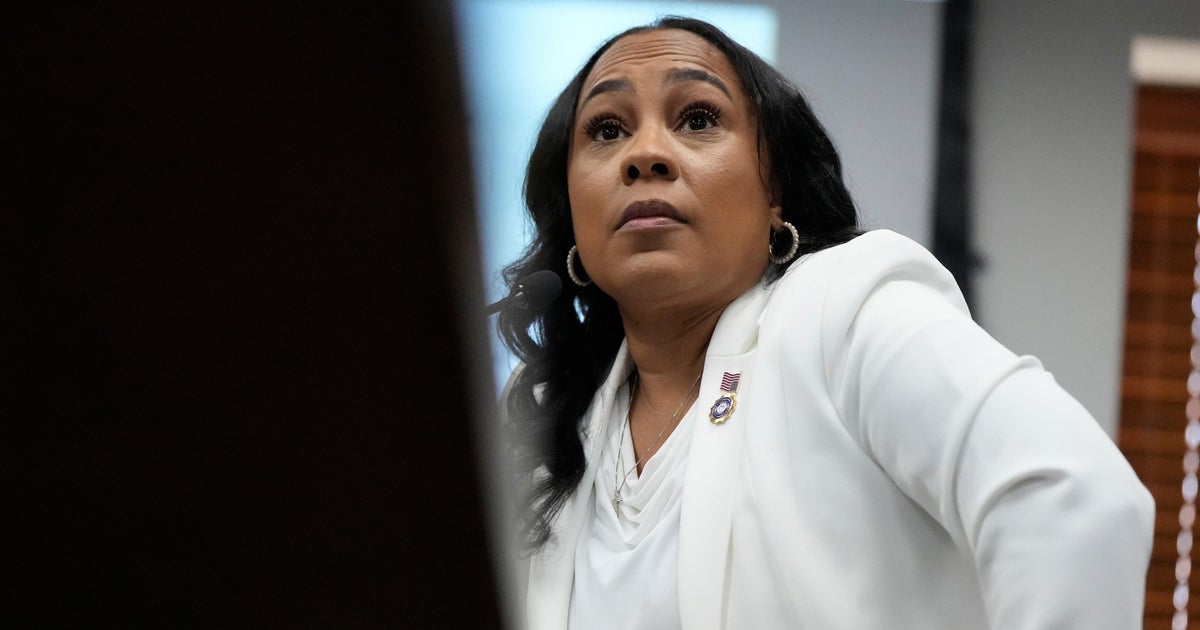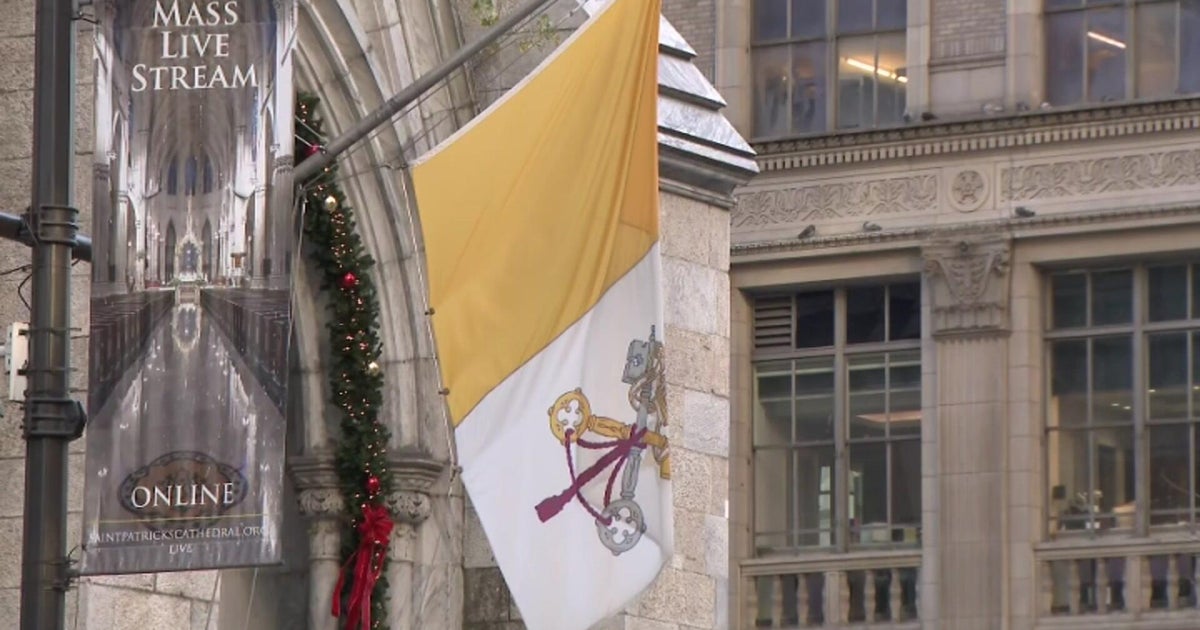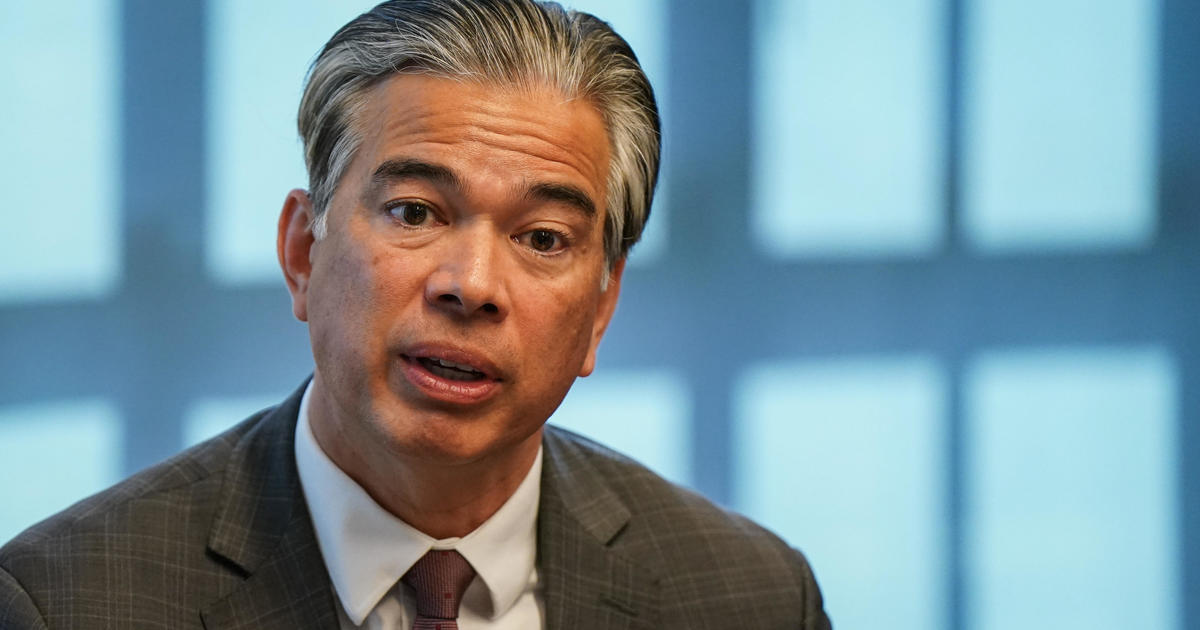FPL Nuclear Waiver Proposal Draws Fire
Follow CBSMIAMI.COM: Facebook | Twitter
TALLAHASSEE (CBSMiami/NSF) – Attorneys for consumers, the city of Miami and business and environmental groups are fighting Florida Power & Light's request for a waiver from filing an annual analysis about the feasibility of adding two nuclear reactors in South Florida.
FPL on April 27 filed the request with state regulators, contending, at least in part, that it should not be required to submit an analysis while it is still in the licensing and permitting stages for the nuclear project proposed for the utility's Turkey Point complex in Miami-Dade County. The request involves seeking a waiver from a rule that has required the utility to file such analyses in the past.
But the state Office of Public Counsel, which represents consumers in utility issues, the city of Miami, the Florida Industrial Power Users Group and the Southern Alliance for Clean Energy filed documents this week objecting to FPL's request. They pointed to money that consumers have spent in the past on project-related costs --- and to an FPL proposal to collect an additional $22 million in 2017.
"This annual feasibility analysis serves to safeguard customers from potentially paying millions of dollars over numerous years on a project when the long-term feasibility analysis may show that it is no longer viable going forward, and, accordingly, may be abandoned,'' the Office of Public Counsel said in a document filed Monday. "At issue is a $20 billion nuclear plant project, into which FPL's customers have already paid $282 million."
FPL's waiver request was filed with the Florida Public Service Commission, which each year determines how much money consumers should be billed for work on the Turkey Point project. The money is collected under a controversial 2006 law that was aimed at encouraging utilities to build new nuclear plants.
In the request, FPL said it anticipates receiving a key license next year from the Nuclear Regulatory Commission and wetland permits from the U.S. Army Corps of Engineers. But it said it would not immediately move into what it describes as the "preconstruction work" phase of the project after receiving the approvals.
"Instead, FPL intends to undertake only those activities that are necessary to maintain compliance with its approvals and to maintain those approvals in a current state, ready to be acted upon,'' the utility request said. "During this license-maintenance period, FPL will monitor nuclear construction industry progress and economic factors to determine when to petition to move into preconstruction work, and ultimately construction."
FPL said it would provide a feasibility analysis when it seeks approval from the Public Service Commission to move forward with the preconstruction work on what is known as the Turkey Point 6 and 7 project.
"A feasibility analysis is no longer needed to know that it is appropriate --- indeed, responsible and prudent --- to complete the final steps necessary to obtain the COL (the key federal license), so that FPL will have the option of adding the fuel-diverse, emission-free baseload power of Turkey Point 6 & 7 to its fleet in the future,'' the request said. "Nor would a feasibility analysis affect FPL's decision to limit project activities in the near term to license maintenance activities, after obtaining such approvals. A feasibility analysis, therefore, is unnecessary at this time."
But the Florida Industrial Power Users Group, which represents major electricity customers, said in a filing Monday that FPL shouldn't ask customers to pay for the licensing and permitting without evidence that the project is feasible.
"Depriving the (Public Service) Commission, the Office of Public Counsel and other parties of the feasibility study while simultaneously asking the commission to allow FPL to recover millions upon millions of dollars from ratepayers is unfair to the commission and the parties,'' the business group argued. "The regulator, the commission, is put in the untenable positon of being asked to impose rates for a project unsupported by evidence that the project remains feasible. The customer is asked to pay for a project that may or may not be feasible."
The News Service of Florida's Jim Saunders contributed to this report.







